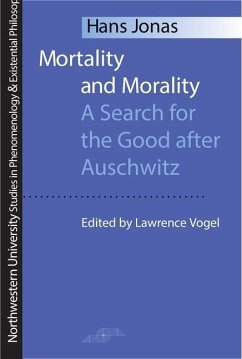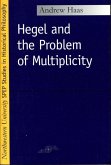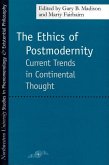Hans Jonas, a pupil of Heidegger and a colleague of Hannah Arendt at the New School for Social Research, was one of the most prominent phenomenologists of his generation. This carefully chosen anthology of Jonas's shorter writings - on topics from Jewish philosophy to philosophy of religion to philosophy of biology and social philosophy - reveals their range without obscuring their central unifying thread: that as living, biological beings, we are also beings who die, and who must consider the implications for current and future ethical and social relations. Grounded in Jonas's belief in the inseparability of ethics and metaphysics - the reality of values at the centre of being - and shaped by his experience as a Holocaust survivor, the deeply personal essays ""Mortality and morality"" arise from a Jewish thinker's attempt to make sense of the Jewish experience in the twentieth century. Lawrence Vogel's insightful introduction provides both historical and philosophical contexts in which to understand the importance and gravity of Jonas's thought.
Bitte wählen Sie Ihr Anliegen aus.
Rechnungen
Retourenschein anfordern
Bestellstatus
Storno








